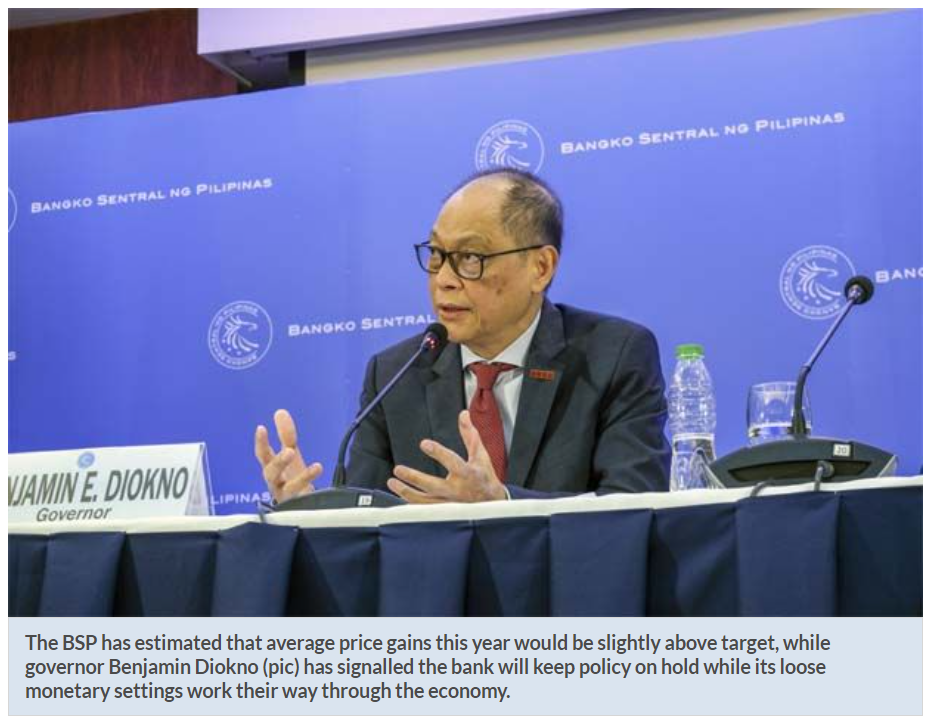Reluctant emerging Asia could delay rate hikes until 2022
SINGAPORE: Emerging Asia’s central banks are expected to opt for supporting their economic recoveries rather than tackling volatile price swings this year.
All eight emerging Asian economies, including India and Indonesia, are seen holding benchmark interest rates steady through 2021, according to the median forecasts from Bloomberg surveys of economists.
Higher real interest rates will allow some of Asia’s central banks to stand pat, while for others a recent pick-up in inflation is set to moderate. Much depends on the path of global interest rates, and the Federal Reserve’s meeting this week will be keenly watched by the region’s policymakers.
“To support economic recoveries, Asian central banks are expected to maintain their accommodative stance and avoid hinting at future rate hikes, ” said Duncan Tan, rates strategist at DBS Banking Group Ltd.
Considering that recent inflation prints have been elevated, Bangko Sentral ng Pilipinas (BSP) and Reserve Bank of India seem most likely to hike for inflation reasons, Tan added.
After cutting its key interest rate by 200 basis points last year, the Philippine central bank has held steady since November, even with inflation running above the bank’s 2%-4% goal.
The BSP has estimated that average price gains this year would be slightly above target, while governor Benjamin Diokno has signalled the bank will keep policy on hold while its loose monetary settings work their way through the economy.
“The real policy rate will likely average close to -3% in 2021, and as the economy gradually reopens, even marginal demand-side price momentum would call for a less accommodative policy stance, ” said Joseph Incalcaterra, chief Asean economist at HSBC Holdings Plc in Hong Kong.
For India, which is suffering the world’s worst Covid-19 outbreak, wholesale price inflation quickened in March at its sharpest pace since late 2012, reflecting upward pressure from higher commodity prices and firmer input costs.
Meanwhile, consumer prices last month rose 5.52% from the same time last year, beating expectations though still within the Reserve Bank of India’s 2%-6% target range.
South Korea is also a popular pick to be among the first in the region to normalise monetary policy, even if that means waiting until after 2021, as it has carried a relatively lower virus caseload and benefited disproportionately from the global electronics boom.
“We still believe South Korea will be one of the earliest to have better progress on its vaccine drive, ” said Angela Hsieh, an economist at Barclays Bank Plc in Singapore. “Improved mobility should help support the recovery in private spending and labour market, which is still the missing factor for the Bank of Korea to consider normalisation.” — Bloomberg


 English
English





